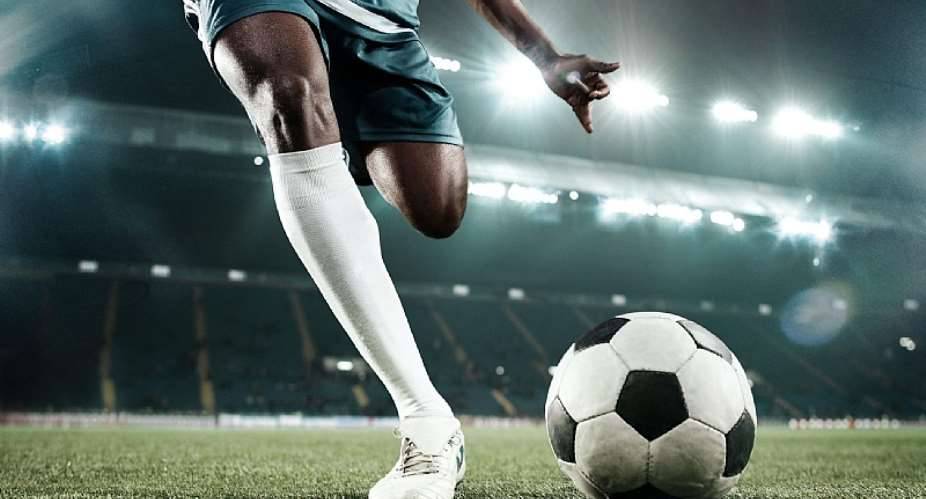Broken Dreams in the Beautiful Game
Last week, I was at a local pitch watching my nephew’s football match, the kids chasing the ball with that wild, unbridled joy that makes you smile. But later, scrolling through my phone, a headline sucked the air out of me: dozens of Ghanaians trafficked to Myanmar, lured by fake football job offers. My heart sank. These were young guys, probably dreaming of stadiums and glory, only to end up stranded, passports seized, forced into scam call centers. Ever have a moment where a story hits so close to home it feels personal?
There’s this raw ache when I think about it. Football’s our lifeblood in Ghana—kids kicking makeshift balls in the streets, posters of Kudus and Partey plastered on every corner. I remember my cousin, barely 16, telling me he’d gotten a “trial†with a European club. It was a scam—some shady agent promising a contract for a few thousand cedis. We caught it in time, thank God, but these guys in Myanmar? They weren’t so lucky. Reports say over 50 Ghanaians were duped with fake job ads, promised football careers, only to be trafficked across borders, their dreams twisted into a nightmare.
I keep picturing them—young, hopeful, maybe like my neighbor’s son, who practices free kicks in our alley until dark. The Ghana Police Service and Interpol are working to bring them home, and the Foreign Affairs Ministry’s involved, but it’s messy. Some escaped, others are still trapped, forced to run online scams under threats of violence. My friend Ama, who works with an NGO, says human trafficking’s a growing shadow in Ghana. “It’s not just football,†she told me over coffee. “They use any dream—jobs, education—to lure people.†She mentioned a girl she helped, promised a nursing gig abroad, only to end up in a sweatshop.
It’s infuriating, you know? Ghana’s football scene is sacred—our Black Stars, our local leagues, the pride of producing world-class talent. But it’s also vulnerable. I think about the stories I’ve heard at matches, parents whispering about agents who charge upfront fees for “scouting trips†that go nowhere. A post on X said it best: “Our boys deserve better than to be prey.†The Ghana FA’s trying to crack down, warning about unregistered agents, but it’s hard to keep up. These scammers are slick, preying on hope, on that burning desire to make it big.
What gets me is the betrayal. These guys probably grew up idolizing Essien, dreaming of the Premier League. Instead, they’re in a foreign country, scared, alone. I wonder what they’re thinking now—do they still dream of football, or has that been stolen too? My uncle, who coached a youth team years ago, used to say, “Talent’s only half the game. The other half is who you trust.†He’s right, isn’t he? But how do you teach a kid to spot a lie when it’s dressed up as their biggest dream?
So, here’s where I’m at: this story isn’t just about trafficking—it’s about protecting what makes us Ghanaian, our love for the game, our belief in possibility. The police are doing their part, but maybe we need more—better oversight, real pathways for young players, a way to shield their dreams from predators. I’m left wondering: how do we keep the beautiful game beautiful for the next generation? What would you do to make sure no kid’s dream becomes a trap?



No comments yet
Be the first to share your thoughts!